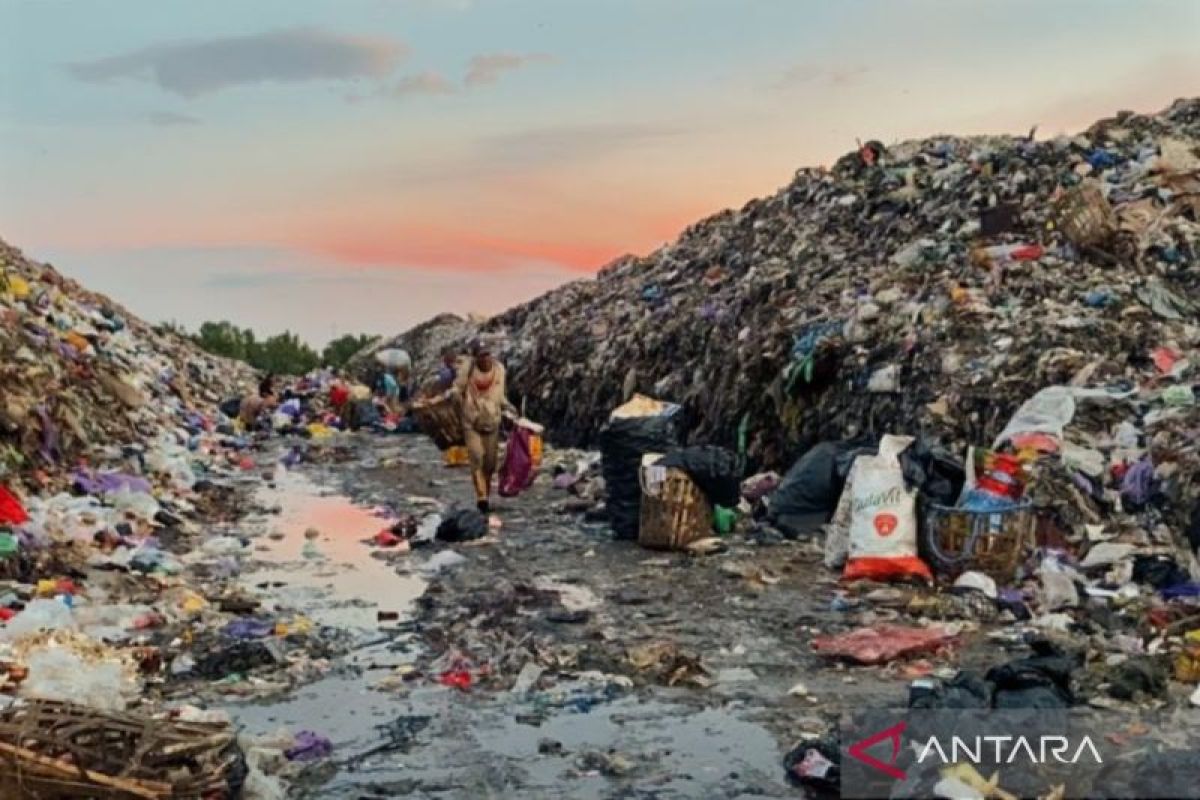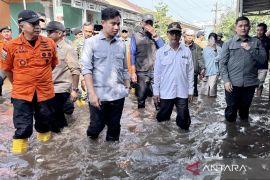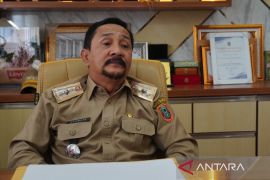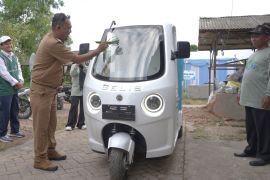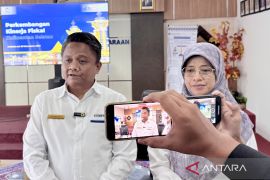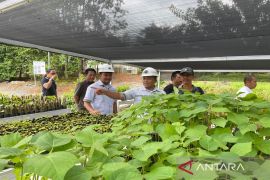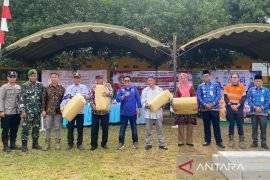Banjarbaru, South Kalimantan (ANTARA) - South Kalimantan Governor Muhidin is helping Banjarmasin City Government to overcome its waste emergency after the Ministry of Environment closed the Basirih final waste processing site (TPAS) on February 1, 2025.
The Governor here on Monday said the provincial government have taken a number of concrete steps, one of which is by adding a quota for waste volume from Banjarmasin City to dispose to the Banjarbakula Regional Landfill in Banjarbaru.
"From previously 200 tons now becomes 300 tons per day," he said.
Related news: Banjarmasin gets "green light" to fix Basirih landfill
Related news: Banjarmasin intensifies socialization of organic waste processing
The Governor also gave relaxation of operational hours until evening at Banjarbakula to help handle the garbage that piling up in Banjarmasin City.
"So with the 300 tons the operator is considered to work overtime and paid for fuel, this is to overcome garbage that piles up in Banjarmasin," said Muhidin.
Meanwhile, acting Head of the Province's Environment Office (DLH) Fathimatuzzahra said that a Memorandum of Understanding (MoU) had been signed with the City Government of Banjarmasin regarding the additional of waste volume, including the disposal of 18,000 tons of waste currently piled up in Basirih landfill.
She emphasized that the city government must manage the waste properly and according to the rules.
"This means if exceeding 300 tons, fund must be allocated, don't practice open dumping at the location, because it is very problematic for Banjarmasin," she reminded.
Not only Banjarmasin, based on the data of the South Kalimantan Environment Office, Fathimatuzzahra disclosed that the Ministry of Environment had also issued letters of coercion to close landfill to four other districts in South Kalimantan.
The four districts are Banjar, Tapin, Kotabaru, and Hulu Sungai Utara (HSU), for the reason of still applying open dumping in their waste management.
In response to this, the five regional heads were asked to issue circular to residents to carry out the process of sorting waste from the source.
This is very important, she said, because it provides many benefits for the community, especially organic waste can be processd into compost for plant fertilizer, while non-organic waste such as plastic can be sold to waste banks.
With the assistance and encouragement from the Provincial Government of South Kalimantan, it is hoped that waste emergency problem in Banjarmasin City and the districts can be resolved immediately, toward better and more sustainable waste management.
Related news: Banjarmasin Mayor applies waste sorting in every urban village


